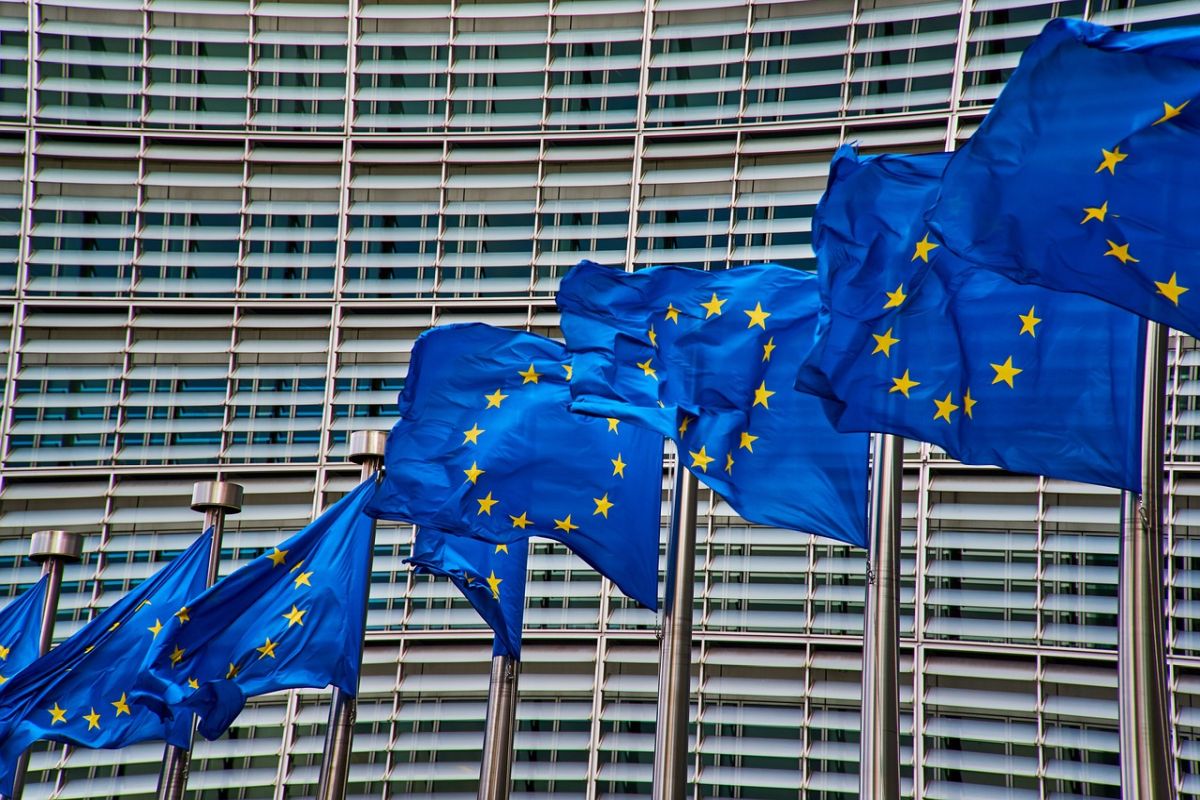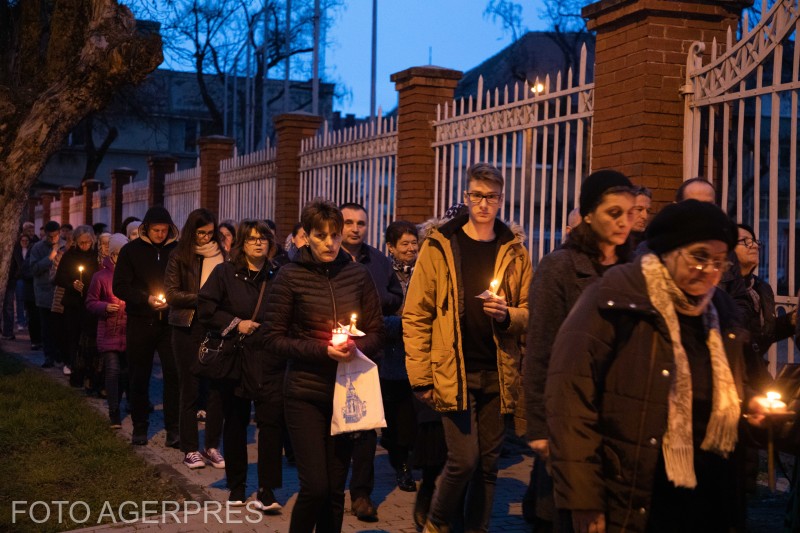Negotiations for the top EU jobs
EU heads of state and government hold first round of talks on the proposals of the European Council for three of the four top jobs in the European Union.

Corina Cristea, 18.06.2024, 13:50
The EU heads of state and government who gathered at the start of the week in Brussels for the first time since the European elections of 6-9 June debated the distribution of the top jobs in the Union. More exactly, the talks focused on the proposals of the European Council for three of the main positions in the EU: Commission president, Council president and foreign policy chief. The future occupants of these posts must be appointed by the Council and voted on by Parliament. The negotiations must also take into account the parliamentary majority formed in the aftermath of the recent European elections and the need to create a balance between the states in the east and those in the west of Europe.
The current Commission president Ursula von der Leyen has the biggest chances of winning a new term, given that the European Parliament is dominated by the European People’s Party, of which 13 of the Union’s 27 leaders and von der Leyen’s own Christian Democratic Union are members. To win a second term, von der Leyen needs the backing of at least 15 countries accounting for 65% of the Union’s population and then 361 votes in the new European Parliament, which meets for the first time on 16th July.
EU member states must also decide the future president of the European Council and the new foreign policy chief. From among the Social Democrats, who form the second largest political group in the European Parliament, the frontrunner to replace outgoing Charles Michel seems to be Portugal’s former prime minister António Costa. The 62-year-old Costa was forced to resign last November as he was being investigated for influence peddling, but many diplomats don’t see this as an insurmountable obstacle given that the suspicions concerning him appear to dissipate. The names of Spain’s prime minister Pedro Sánchez and Italy’s former prime minister Enrico Letta have also been mentioned for the position of president of the European Council.
The majority in the European Parliament is also formed by Renew, which probably feels entitled to the foreign policy post, with names like Estonia’s prime minister Kaja Kallas and Belgium’s prime minister Alexander De Croo being mentioned.
At the same time, Roberta Metsola, who became the president of the European Parliament in January 2022, seems to be sure of a second term as head of the fourth top job in the European Union. One element that complicates negotiations has to do with the division of posts between eastern and western Europe. The West has nominees in all areas, while the East only has Kaja Kallas.
EU leaders are to make a final decision at a summit on the 27th and 28th June, when they are also expected to discuss the Union’s political objectives for the next five years in important areas like defence and the economy.






























